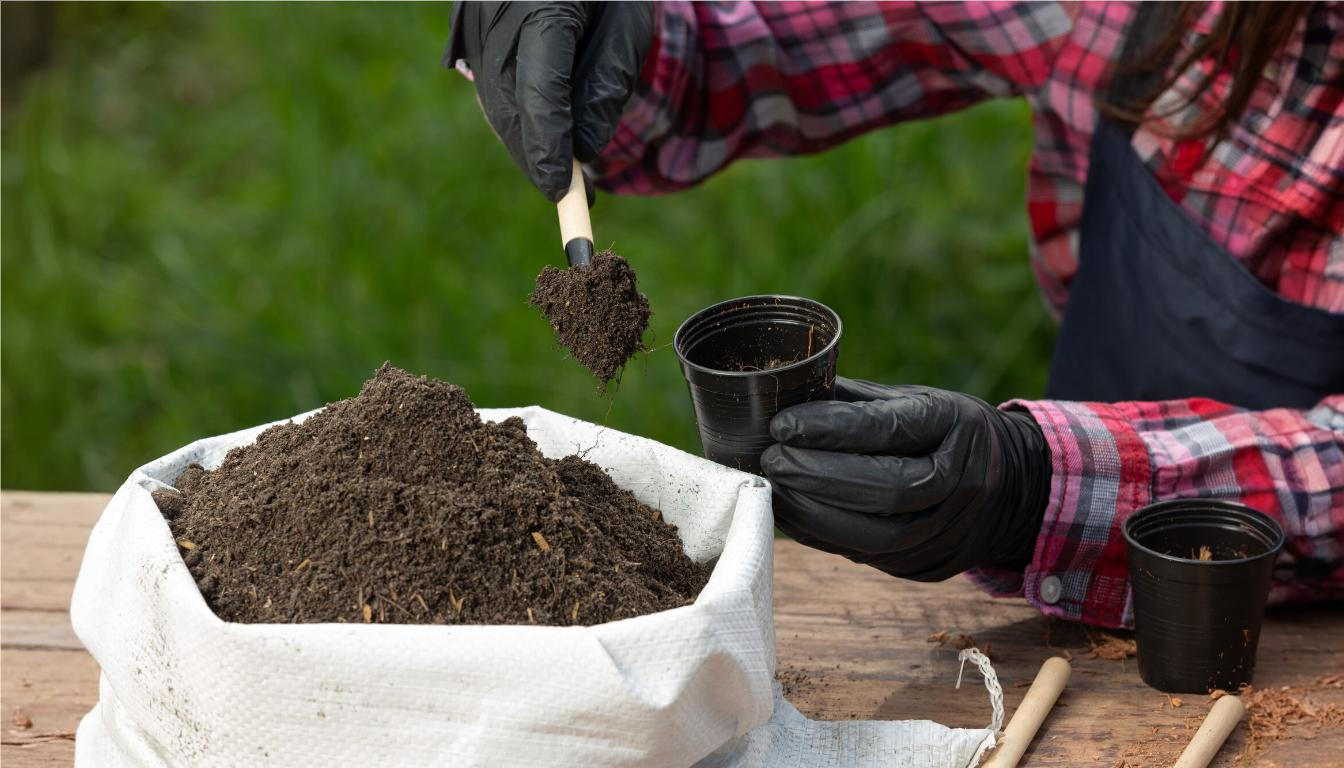One of the most important decisions to be taken when it comes to the care of plants, whether in a garden at home, agricultural fields, or even huge commercial nurseries is the selection of the right fertilizer. Fertilizers provide plants with critical nutrients that can enhance their growth, yield, and overall health. However, like everything else, fertilizers and pesticides are not created equal. Organic fertilizers have gained momentum lately, offering a sustainable and eco-friendly alternative. But why choose an organic fertilizer for plants?
In this blog, I’ll discuss with you the concept of organic fertilizer and its benefits, as to why it’s a treasure that actually nourishes all plants and soil health.
What are Organic Fertilizers?
Organic fertilizers are acquired from natural sources which include compost, manure, as well as other plant-based ingredients. What makes agriculture organic fertilizers especially desirable is that they break down and liberate nutrients to plants gradually. Therefore, there are various organic sources of fertilizer such as manure taken from animals, bone meal, and fish emulsion, among other plant-based compost. Most gardeners and farmers prefer using an organic fertilizer for plants since they are vital in the general health of the soil thus resulting in lesser harm to the environment.
The Benefits of Organic Fertilizer
There are many great reasons for choosing organic fertilizers over chemical-based options. The following are some of the major benefits of organic fertilizer:
Good for the Environment
The main reason why most farmers choose organic fertilizers for plants is because it will have minimum impact on the environment. They dissolve naturally and do not contain any chemical pollutants, which limits their ability to create water pollution through runoff. On the other hand, chemical fertilizers and pesticides may damage the environment by contaminating water bodies and causing algae blooms.
Very Safe for Plants and Animals
As organic fertilizers are derived from natural sources, they are safer for plants, animals, and humans. You can ensure a low degree of exposure to chemicals, meaning the applications range from home gardening to big manufacturing of agricultural operations. It is also ideal when it comes to home gardening. If you have pets or young children who come to play close to your garden, an agriculture organic fertilizer would be perfect.
Better Disease Resistance
Plants that are subjected to agriculture organic fertilizers will always tend to have an improved resistance to diseases. A balanced nutrient-rich soil enhances plants’; natural immune responses and hence keeps them low susceptibility to infections, pests, and diseases. This is a great benefit to plants as well as commercial agricultural ventures where yield dependency comes from the plant’s state of health.
Better Soil Conditions
Organic fertilizers have a number of benefits to soil conditions. Soil organic matter builds up with time which increases its water retention and nutrient retention efficiency. Healthy soil supports strong plant growth and is an essential input for any agricultural operation, home garden, or landscaping endeavour.
Enhanced Nutrient Supply
Agriculture organic fertilizers gradually and consistently release nutrients, which are significant in carrying necessary compounds like nitrogen, phosphorus, and potassium into the soil. This means that there will be continuous growth of plants because the gradual uptake allows the plants to absorb nutrients, which enables sustainable growth without nutrient burn, which tends to happen when chemical fertilizers and pesticides are used. This gradual release system also ensures that the nutrient supply remains constant within the soil, promoting long-term fertility.
Promotes Microbial Activity
Organic fertilizers for plants promote the growth of desirable microorganisms in soil. The microbes help break down organic matter into nutrients that are absorbed by plants. There is always a need to maintain healthy and balanced microbial activity for it to enhance fertility since it maintains ecosystem health and nutrient cycles.
How to make Organic Fertilizer?
It is pretty easy to make an organic fertilizer for plants at home. It is also sustainable for those who are in search of alternative homemade solutions. Here are some basic steps in making simple organic fertilizer:
1. Collect Kitchen Waste by reserving vegetable peels, scraps, coffee grounds, eggshells, and other organic matter.
2. Put the waste in a compost bin or pile. Add layers of soil to help with decomposition.
3. You can also compost grass clippings, leaves, and other garden wastes.
4. Leave the compost for several months, occasionally turning them for an increased rate of decomposition
5. After perfect decomposition, you spread it on garden soils or around plants.
Finding an Organic Fertilizer Shop Near Me
Organic fertilizers and gardening supplies are employed via green gardening practices. This article is straightforward as it outlines steps that provide a guide on how finding the nearest organic fertilizer shop is easy. Naik Krishi Udyog & Co offers a variety of organic fertilizers for plants and gardening supplies that can help promote a healthy, productive garden. If you come from an agricultural background or you like the convenience of delivery, then you can check our gardening tools and agriculture organic fertilizers online. Buying from a reputable supplier means that you are using a high-grade, chemical-balanced fertilizer that is good for your plants and the environment as well.

